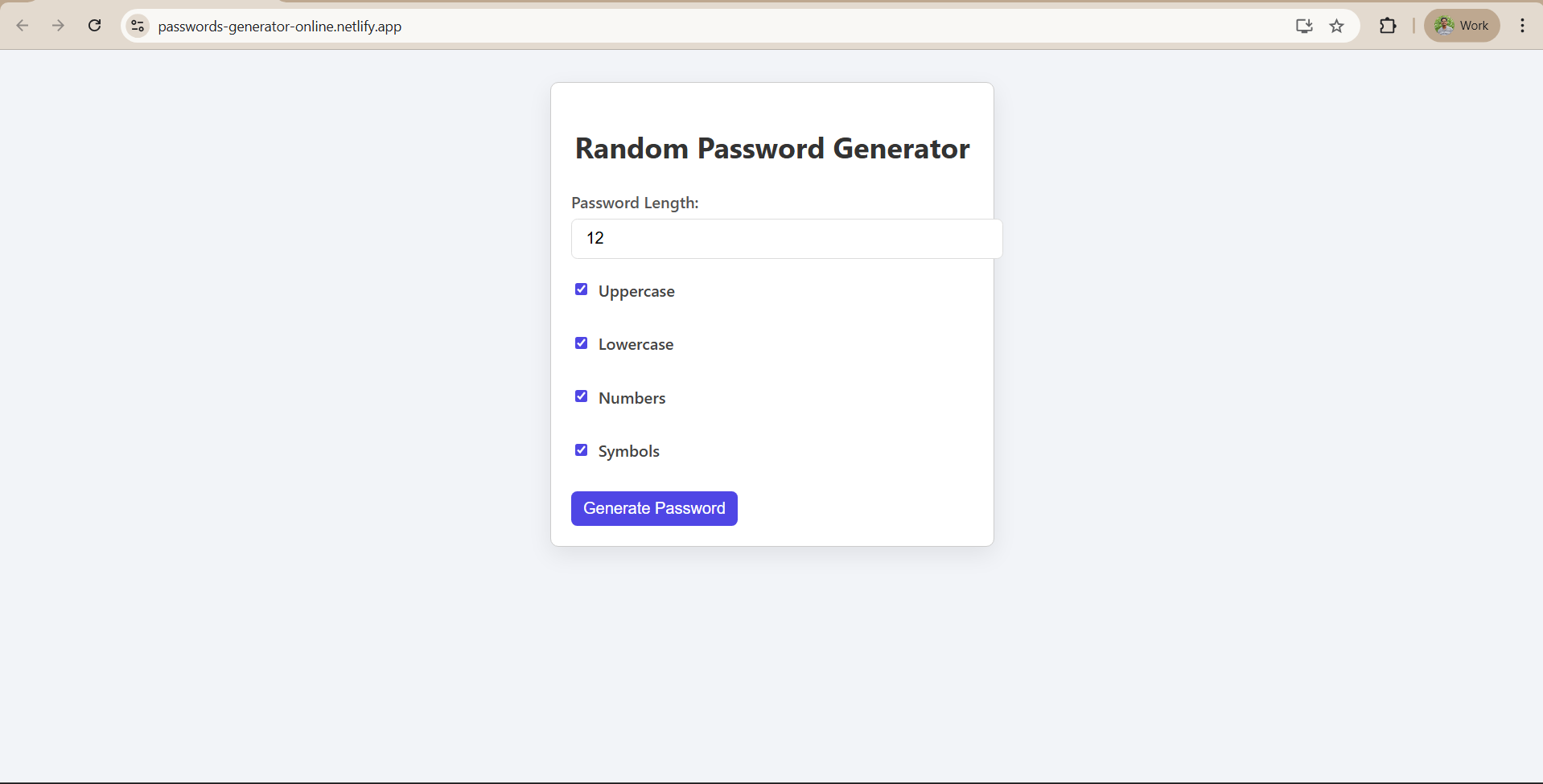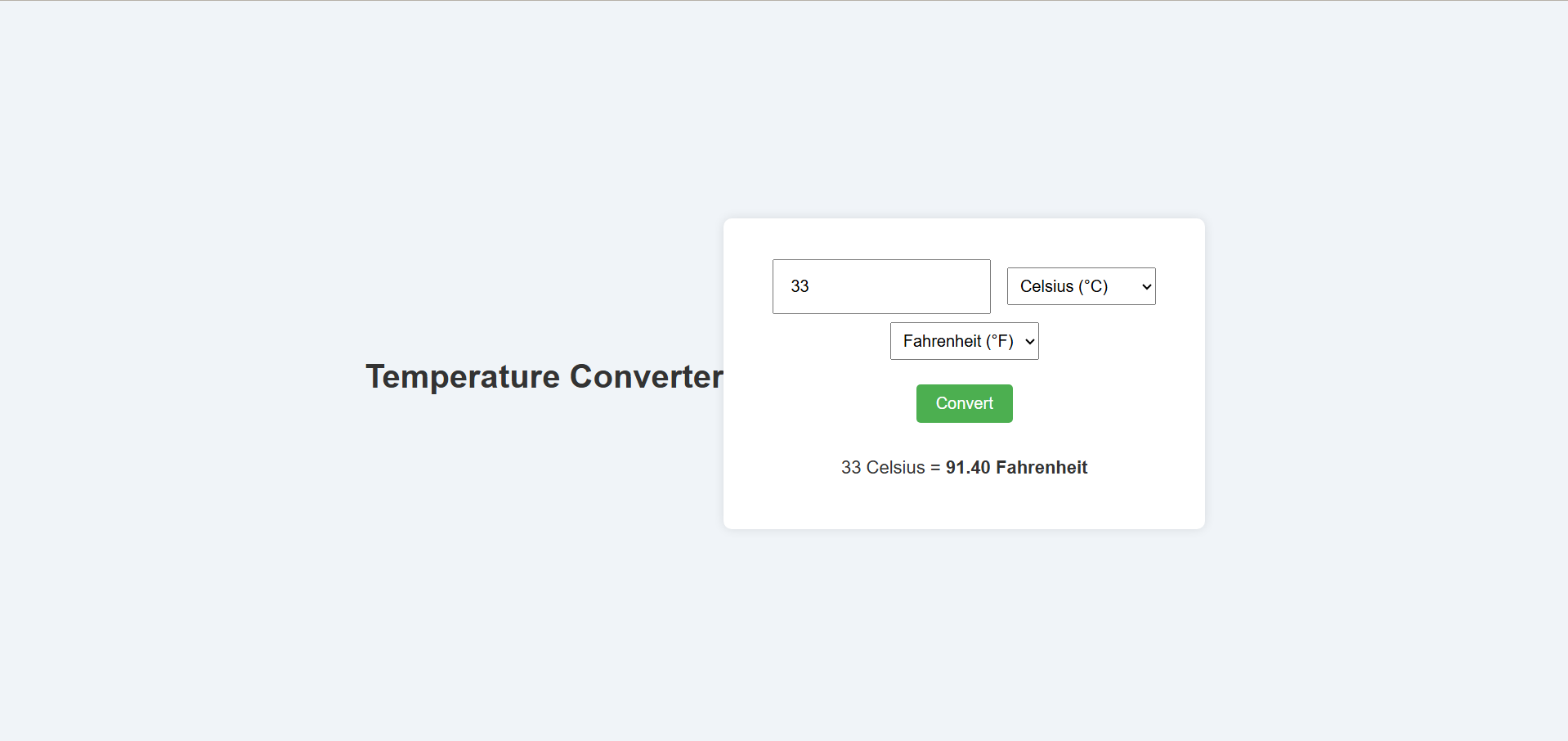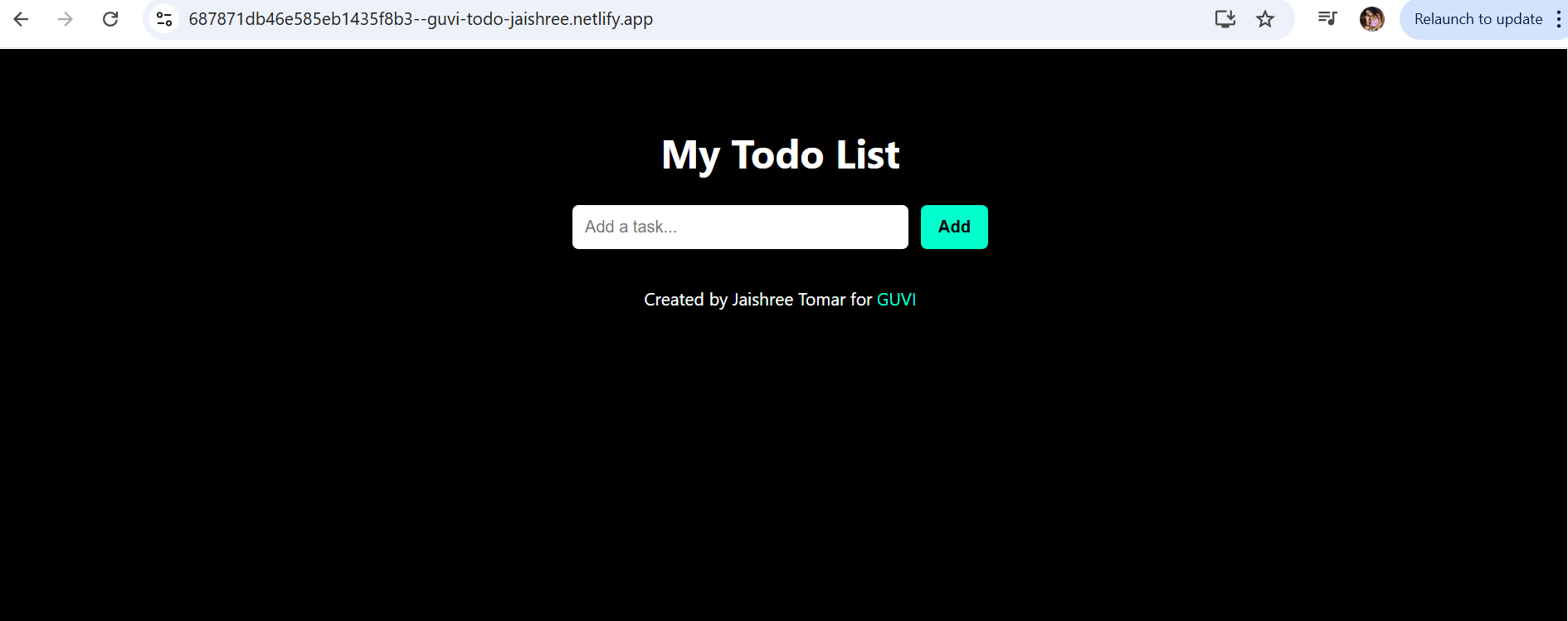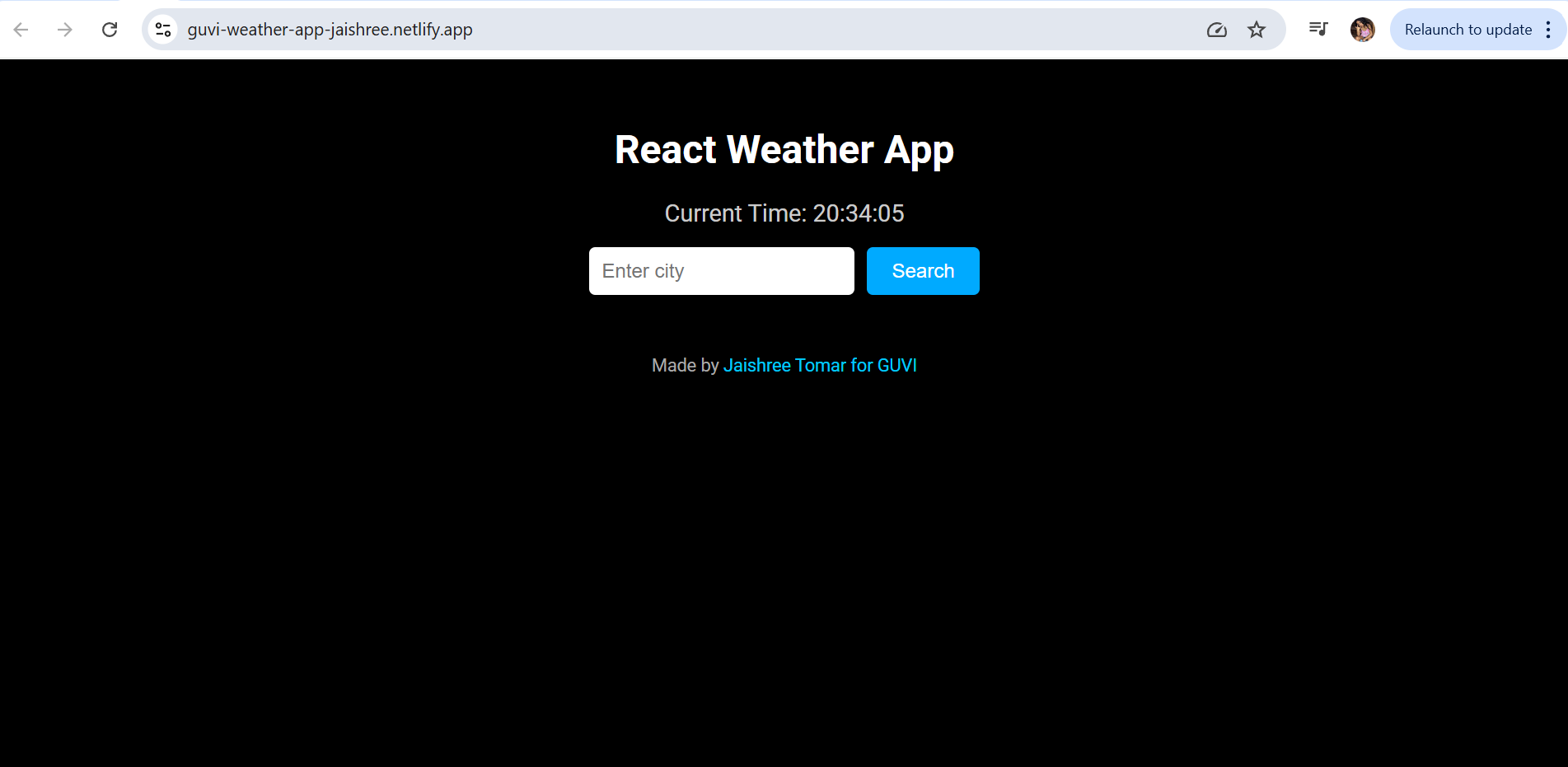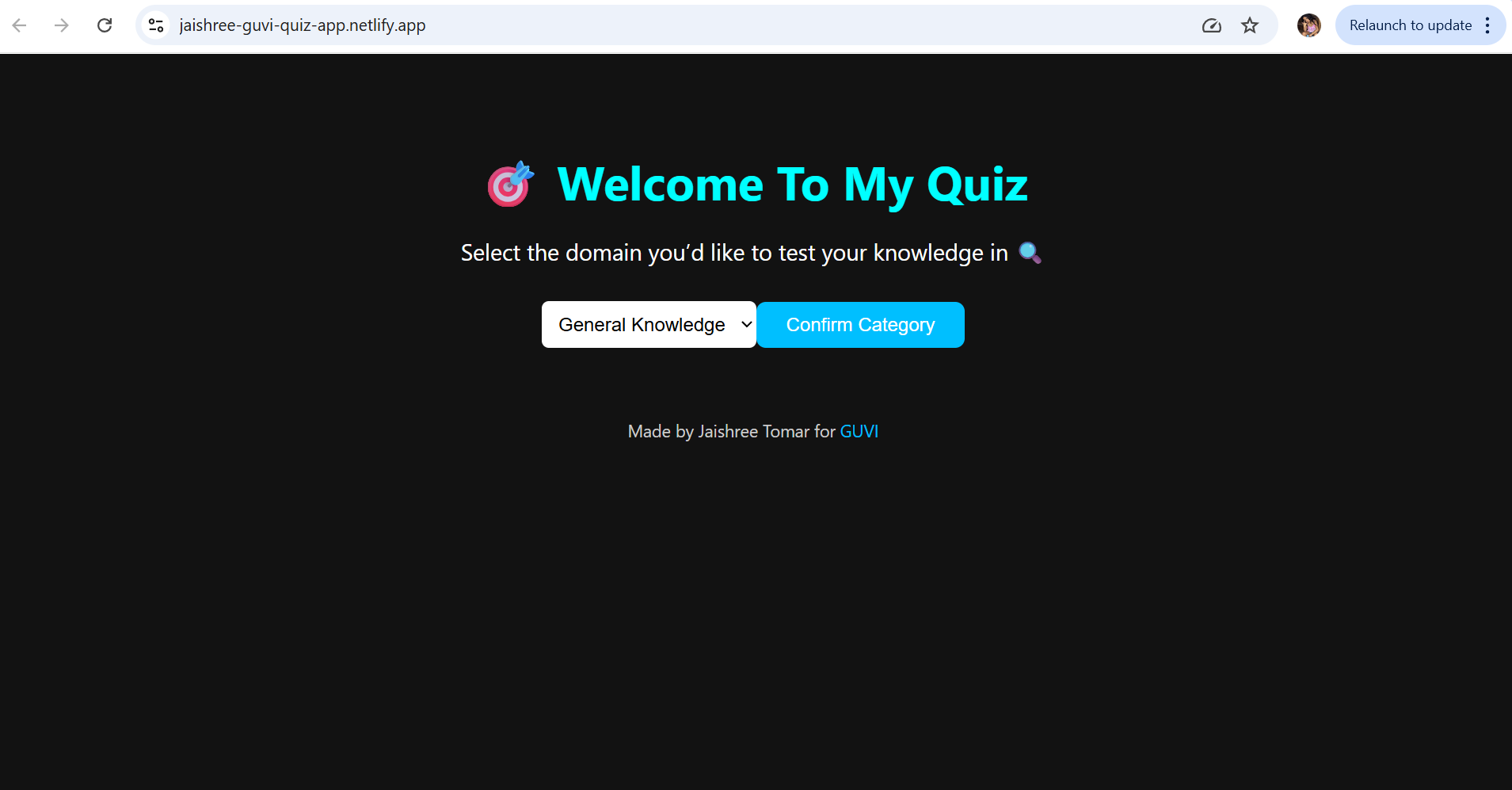Libraries and Predefined Functions in Cpp
Libraries and Predefined Functions
A. Overview of libraries and predefined functions
Libraries are collections of precompiled code that provide ready-to-use functions and classes for specific tasks.
Predefined functions are already implemented and available for use in programming languages.
Libraries and predefined functions save time and effort by providing functionality that has already been tested and optimized.
B. Examples of commonly used libraries and functions
Standard Template Library (STL): Provides generic algorithms and data structures for C++, such as vectors, lists, and sorting functions.
Math library : Offers mathematical functions for tasks like trigonometry, logarithms, exponentiation, and random number generation.
Input/output (I/O) library: Provides functions for reading input from the user, displaying output, and file operations.
String manipulation library : Offers functions for working with strings, including concatenation, searching, and parsing.
Time library : Allows for time-related operations, such as measuring execution time or formatting dates and times.
C. Importing and utilizing functions from libraries
Including library headers : To use functions from a library, you need to include the appropriate library header at the beginning of your code.
Linking libraries : For some libraries, you may need to link them during the compilation process to access their functionality.
Calling library functions : Once the library is included and linked, you can call its functions by using the function name and passing the required arguments.
Error Handling in Functions
A. Introduction to error handling in functions
Error handling is detecting and responding to errors or exceptional conditions that may occur during program execution.
Functions can incorporate error handling mechanisms to gracefully handle errors and prevent program crashes or unexpected behavior.
B. Handling errors using return values and error codes
Functions can indicate errors by returning specific values or error codes to indicate the presence of an error.
The calling code can check the return value or error code and take appropriate actions based on the result.
C. Exception handling and try-catch blocks
Exception handling provides a structured way to handle errors and exceptions in a program.
Exceptions are objects thrown when exceptional conditions occur, and they can be caught and handled using try-catch blocks.
The try block contains the code that may throw an exception, and the catch block handles the exception if it is thrown.
D. Example illustrating error handling in functions
Example: Handling errors using return values:
// Function to divide two numbers
// Returns -1 if the divisor is zero
double divideNumbers (double dividend, double divisor) {
if (divisor == 0) {
return -1; // Indicate division by zero error
}
return dividend / divisor;
}
int main() {
double result = divideNumbers(10, 0);
if (result == -1) {
std::cout << "Error: Division by zero!" << std::endl;
}
else {
std::cout << "Result: " << result << std::endl;
}
return 0;
}Practical Applications of Functions
A. Real-world examples where functions are used
Banking Systems:
void createAccount() {
// Code to create a new bank account
}
void depositMoney (double amount) {
// Code to deposit money into an account
}
void withdrawMoney (double amount) {
// Code to withdraw money from an account
}
// Usage
createAccount();
depositMoney(1000);
withdrawMoney (500);E-commerce Platforms:
void addItemToCart (int itemId) {
// Code to add an item to the shopping cart
}
void processPayment (double totalAmount) {
// Code to process the payment for the items in the cart
}
void generateInvoice() {
// Code to generate an invoice for the purchased items
}
// Usage
addItenToCart(123);
processPayment (50.99);
generateInvoice();B. Demonstrating the modularity and reusability of functions
double calculateCircleArea (double radius) {
// Code to calculate the area of a circle
return 3.14159 * radius * radius;
}
double calolateRectangleArea (double length, double width) {
// Code to calculate the area of a rectangle
return length * width;
}
// Usage
double circleArea = calculateCircleArea (5);
double rectangleArea = calculateRectangleArea(10, 5);C. Importance of functions in code organization and readability
void printWelcomeMessage() {
// Code to print a welcome message
}
void performTask() {
// Code for performing task 1
}
void performTask2() {
// Code for performing task 2
}
void printGoodbyeMessage() {
// Code to print a goodbye message
}
// Usage
printWelcomeMessage();
performTask1();
performTask2();
printGoodbyeMessage();Functions help in organizing code and improving readability. They encapsulate specific functionalities, making understanding and maintaining the code easier. They also promote code reuse, as functions can be called multiple times from different program parts. Using functions, developers can collaborate more effectively, work on separate components, and integrate them seamlessly into the overall program structure.
Conclusion
By mastering functions in C++, you will have a powerful tool for creating modular, efficient, and maintainable code. Keep practising, exploring, and honing your skills to become a proficient programmer











